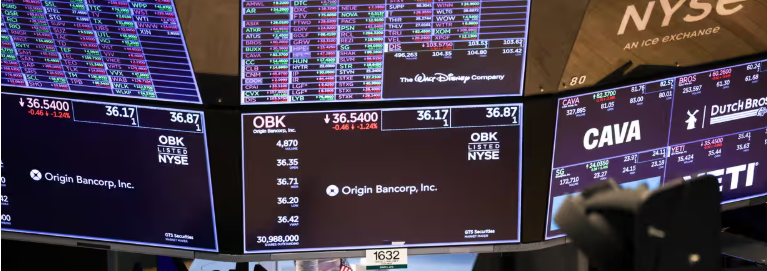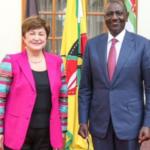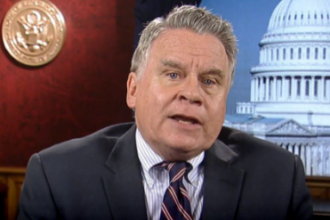NEW YORK/LONDONÂ – Global financial markets experienced a sharp downturn on Tuesday and days after, triggered by the intensification of Israeli airstrikes and growing concerns over the widening geopolitical impact. Indices across Asia, Europe, and the Americas all plunged, reflecting heightened risk aversion among investors.
The sell-off began in Asia, with Tokyo’s Nikkei 225 leading the decline, followed by losses in Hong Kong’s Hang Seng and the Shanghai Composite. European markets continued the downward trend, with the FTSE 100, DAX, and CAC 40 all posting significant losses by midday. Wall Street mirrored the global sentiment, with the Dow Jones Industrial Average, S&P 500, and Nasdaq Composite all opening sharply lower.
“The escalating conflict in the Middle East has injected a significant dose of uncertainty into the global economy,” commented Sarah Chen, Chief Market Strategist at Global Investment Group. “Investors are understandably nervous about the potential for a wider regional conflict and its potential impact on supply chains, commodity prices, and overall economic stability.”
Oil prices surged, with Brent crude and West Texas Intermediate (WTI) both jumping by several dollars per barrel, fueled by concerns about disruptions to oil supply routes. This added to inflationary pressures already plaguing many economies. Safe-haven assets, such as gold and the US dollar, saw a corresponding increase in demand as investors sought refuge from the market volatility.
Analysts pointed to a confluence of factors contributing to the market downturn, including:
- Increased Geopolitical Risk:Â The intensification of Israeli airstrikes and the potential for retaliation from other actors in the region have rattled investor confidence.
- Supply Chain Disruptions:Â Concerns are growing that the conflict could disrupt critical supply chains, particularly in the energy sector and technology manufacturing.
- Inflationary Pressures:Â Rising oil prices are exacerbating existing concerns about inflation, prompting fears of more aggressive interest rate hikes by central banks.
- Economic Uncertainty:Â The conflict is adding to the already existing concerns about a potential global economic slowdown, further discouraging investment.
“The market is essentially pricing in the risk of a prolonged and destabilizing conflict,” explained James Miller, a portfolio manager at BlackRock. “While the long-term impact is still uncertain, investors are reacting to the immediate shock and the potential for further escalation.”
Looking ahead, analysts predict continued volatility in the markets as the geopolitical situation remains fluid. Investors are closely monitoring diplomatic efforts to de-escalate the conflict and are bracing for potential further shocks. The situation underscores the fragility of the global economic recovery and the significant impact of geopolitical events on financial markets. Investors are advised to closely monitor the situation and consider diversifying their portfolios to mitigate potential risks.









